I still remember my golden birthday. I had just turned 11 on the 11th, and my mom baked a cake shaped like a crown.
The candles flickered against gold paper plates, and my aunt whispered, “This is the only golden birthday you’ll ever have.” I didn’t know what she meant until much later.
And now, years into adulthood, I’ve come to realize that some birthdays carry far more meaning than others—ones that only come once, or ones that carry weight because of time, age, or memory. If you’re unsure when yours is, an age calculator can help you figure it out in seconds.
And now, years into adulthood, I’ve come to realize that some birthdays carry far more meaning than others—ones that only come once, or ones that carry weight because of time, age, or memory.
That’s what makes them feel extraordinary. If you’ve ever wondered why people fuss over these milestones—or if you’re trying to figure out when yours is—you’re in the right place.
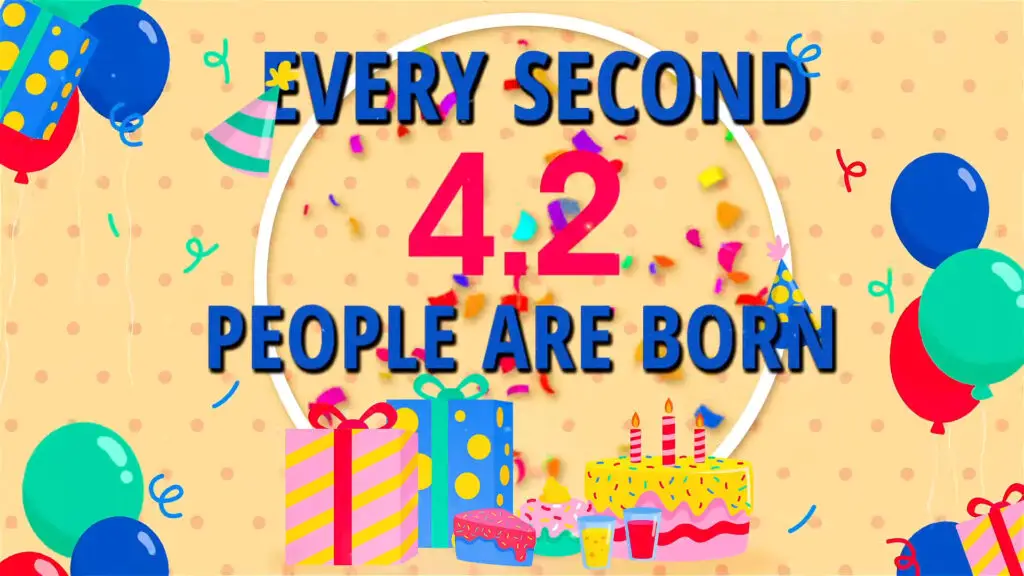
Key Highlights
- A golden birthday happens when your age matches the day you were born
- A diamond birthday has two definitions—both tied to meaningful age milestones
- Each of these birthdays happens only once in a lifetime
- Golden birthdays are often celebrated more creatively in adulthood
- Diamond birthdays carry deep emotional weight and symbolic meaning
- Both offer chances for reflection, connection, and intentional celebration
What Is Golden Birthday?

A golden birthday happens when the age you turn matches the day of the month you were born. If you were born on the 8th, then your golden birthday is your 8th birthday. If you were born on the 27th, then your golden birthday is your 27th. It’s that simple.
But simple doesn’t mean shallow. What makes golden birthdays special is the timing—they only happen once. Many children have theirs without realizing it. Others grow into their golden year birthday and embrace it with intention, sometimes long after childhood.
Golden birthdays carry a quiet magic. There’s something oddly satisfying about that number symmetry. When I turned 11 on the 11th, it felt like the universe was giving me a wink.
Why It Often Gets Missed
A baby born on the 2nd will celebrate a golden birthday at just two years old—too young to remember anything about it. That’s why adults often circle back and choose to re-celebrate their golden birthday later in life.
This isn’t about redoing the past. It’s about reclaiming a personal milestone with grown-up intention. Throw a gold-themed dinner party at 32 if you were born on the 2nd. The meaning is still yours.
✨ Fun Fact: Only 31 golden birthdays are possible. But all of you born on 29th of February (like a leap day baby), you can miss out entirely. That adds a rare twist to something already one-of-a-kind.
What Is a Diamond Birthday?
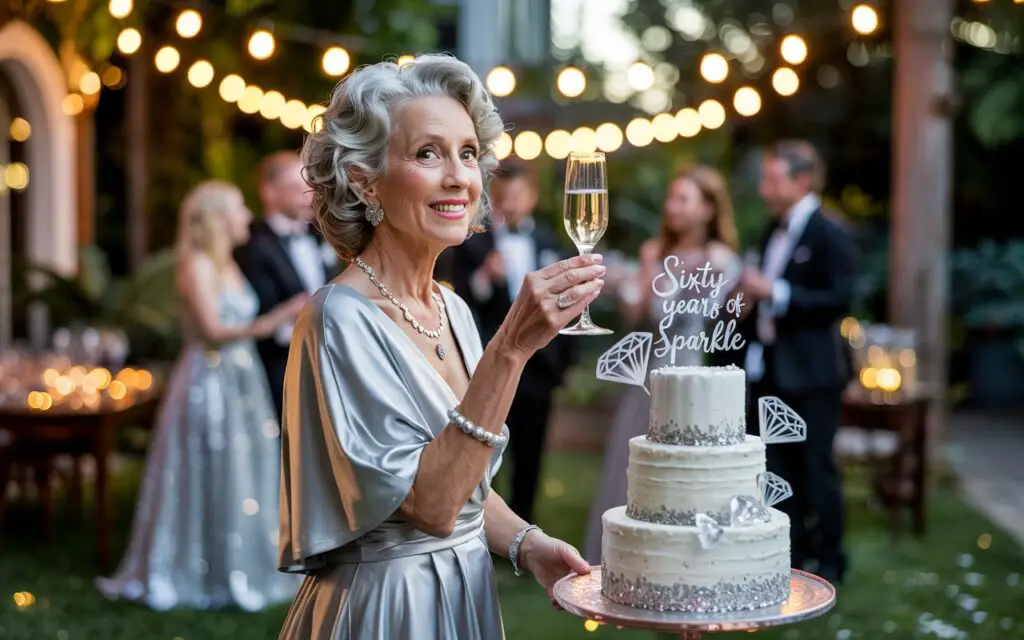
The most popular interpretation defines a diamond birthday as turning the age that matches the year you were born. So if you were born in 1970, your diamond birthday happens when you turn 70. It’s a number match across generations, and it feels heavier, stronger, more meaningful. Just like a diamond.
Another version says a diamond birthday is simply your 60th. This definition is more common in certain cultures and is often tied to longevity, wisdom, and legacy. Sixty is the age many people associate with retirement, reflection, and major life transitions. The diamond label adds celebration to what might otherwise feel like a quiet crossing.
The Symbolism Behind It
Diamonds stand for endurance, brilliance, and value earned over time. That’s why this birthday matters—it’s not just about hitting a number. It’s about what that number represents. You’ve lived, you’ve loved, you’ve endured. And now, you shine.
💎 Fun Fact: In astrology, your 60th birthday lines up with your fifth Saturn return—a time tied to maturity, structure, and earned wisdom. No wonder diamond birthdays carry emotional weight.
| Diamond Birthday Type | Meaning |
|---|---|
| Age = Birth Year | Full-circle milestone (e.g. born in 1955 → turn 55) |
| 60th Birthday | Celebration of wisdom, legacy, and new life cycle |
Golden vs. Diamond Birthday – What’s the Difference?
At first glance, they might seem like similar birthday traditions, but golden and diamond birthdays offer different emotional landscapes.
Golden birthdays are playful and often celebrated in early adulthood when people finally realize what they missed as kids. They’re great for themes, parties, surprises, and golden gifts.
Diamond birthdays are quieter, more reflective, and usually mark the passage of decades.
They’re tied to deeper personal meaning and often include family legacy elements—photo albums, speeches, and symbolic gifts.
Quick Comparison:
| Feature | Golden Birthday | Diamond Birthday |
|---|---|---|
| Based On | Day of the month | Year of birth or age 60 |
| Happens At | Age matches birth date | Age matches birth year or turns 60 |
| Mood | Fun, festive | Emotional, reflective |
| Frequency | Once in a lifetime | Once in a lifetime |
✨ Fun Fact: The term “golden birthday” was first used by a woman named Joan Bramsch in the 1950s. She made it a tradition in her family long before Instagram parties and gold balloons were a thing.
Why Adults Are Reclaiming Their Golden Birthdays
In childhood, we rarely know the importance of our birthdays beyond the cake and toys. That’s changing. Many adults are now choosing to celebrate milestone birthday ideas that feel more intentional.
The celebration doesn’t have to be extravagant. Sometimes all it takes is a touch of gold in your outfit, a symbolic gift, or a meaningful toast. When your age finally aligns with your birth day, it’s like unlocking a small piece of your own timeline.
And you’re never too late. Many people hold “belated” golden birthday parties, especially if their actual golden year was early in childhood.
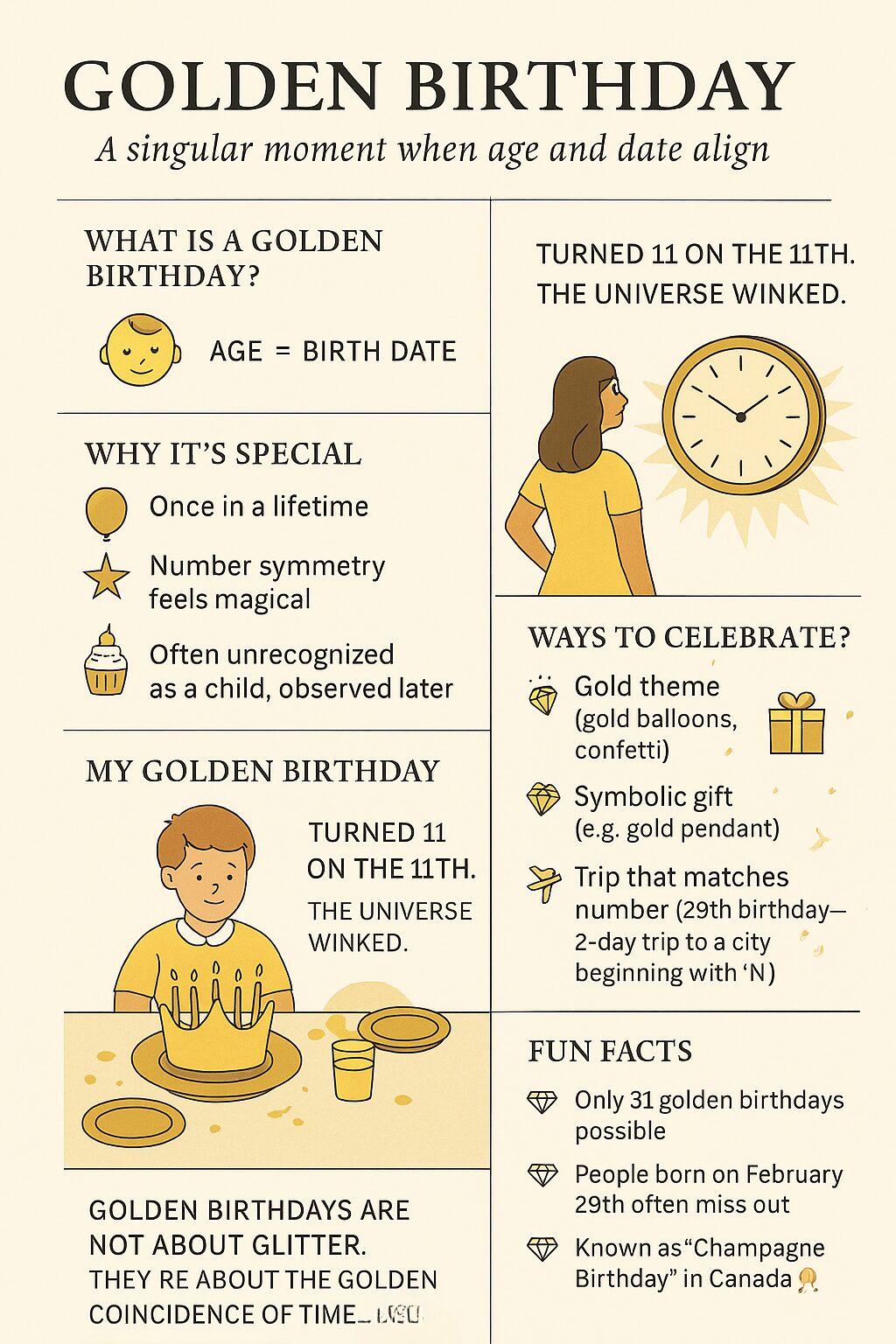
The Emotional Weight of a Diamond Birthday
Diamond birthdays don’t just mark time. They mark triumph. Whether you go by the “age that matches your birth year” definition or celebrate your 60th, the idea is the same: life has given you decades, and you’ve done something meaningful with them.
For many, a diamond birthday is the first time they pause and reflect not on what’s left to do—but on what’s already been done. That reflection brings peace, gratitude, sometimes even tears.
It’s common for families to gather for a celebration that feels like a milestone in its own right. A slide show of old photos. A memory book signed by grandchildren. A speech that honors the years.
This isn’t just about aging. It’s about celebrating a life lived fully.
Birthday Traditions Around Milestones
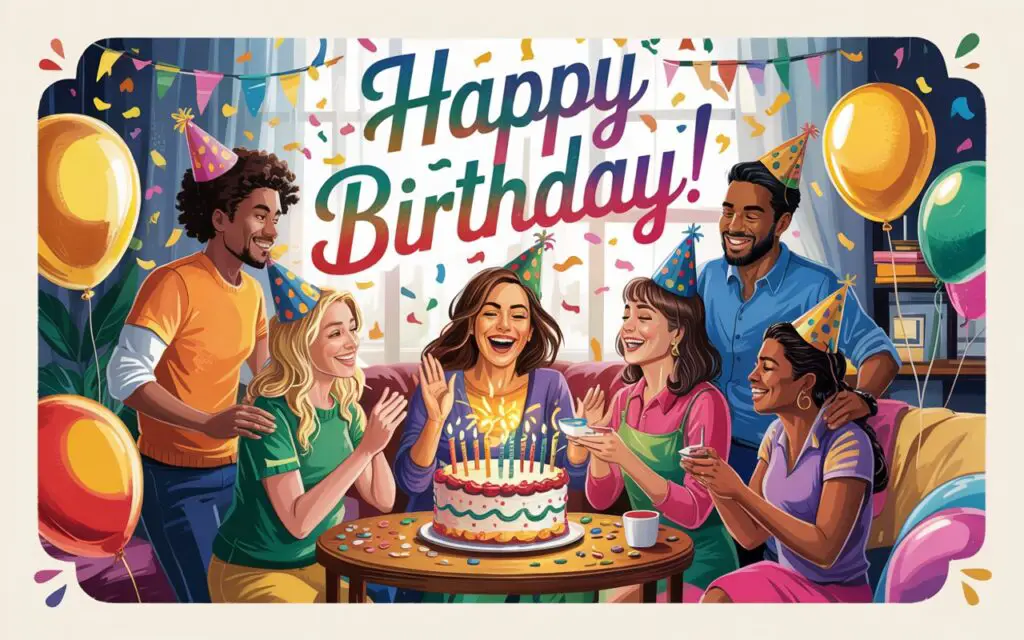
Different cultures mark milestone birthdays in unique ways. In Japan, 60 is kanreki—a rebirth. In Korean tradition, hwangap also marks 60, and it’s celebrated as a full circle of the lunar calendar.
In many Latin cultures, quinceañeras and other age-based celebrations highlight transitions in youth.
Golden and diamond birthdays fit into this global rhythm of meaning assigned to age. They’re not universal traditions, but their rise in popularity reflects our need to mark time in personal ways.
We all want our story to have chapters. Golden and diamond birthdays give us titles for those chapters.
Celebration Ideas for a Golden Birthday
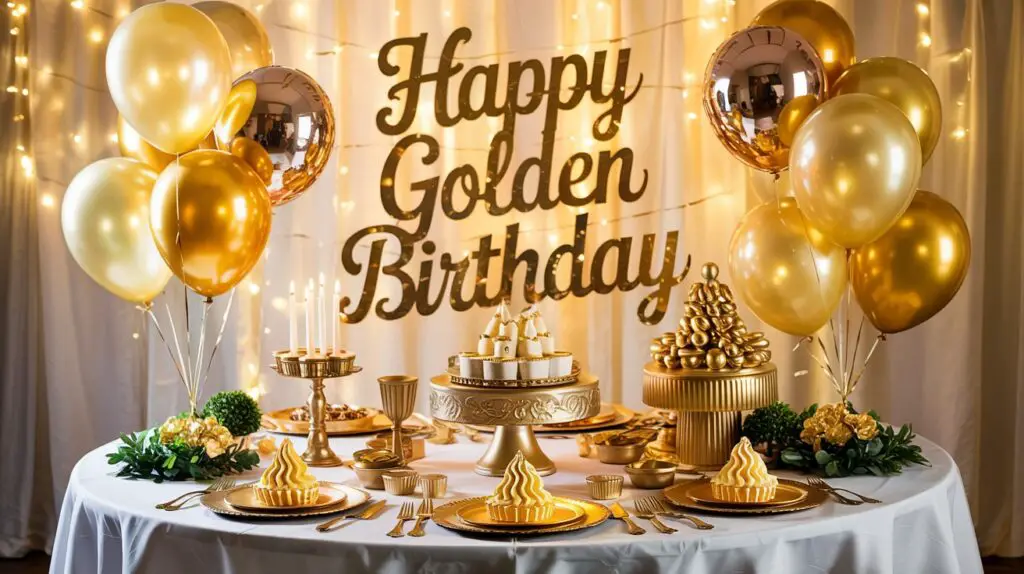
If you’re planning your golden birthday—or someone else’s—it doesn’t have to feel forced.
The goal is to create an experience that acknowledges the unique timing of the day.
Some ideas:
- Gold-themed party: Think metallic décor, golden balloons, and even gold confetti in cupcakes
- A symbolic gift: Jewelry, engraved items, or gold-plated accessories
- Travel plans tied to the number: Turn 29 on the 29th? Take a 2-night stay in a city starting with “N” for nostalgia
The point isn’t to follow a rulebook. It’s to create a memory that sticks.
✨ Fun Fact: Canadians often call golden birthdays “champagne birthdays.” Same idea—age meets date—but usually marked with a toast in hand instead of balloons.
Celebration Ideas for a Diamond Birthday
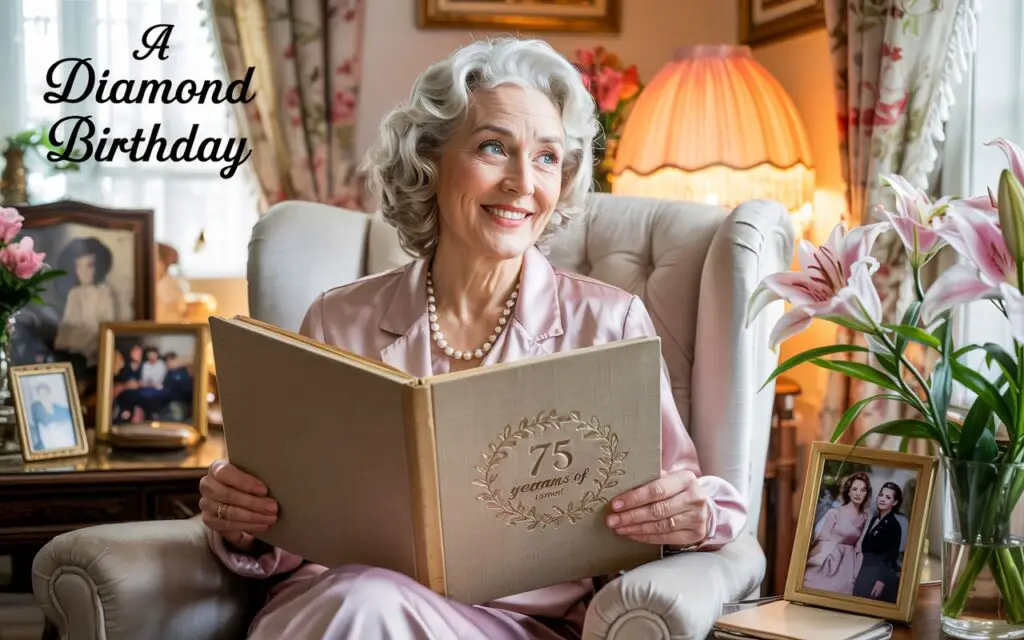
Diamond birthdays deserve their own space. They call for elegance, family, and sentiment. Often, the tone is closer to a milestone anniversary or retirement celebration.
Ideas to consider:
- Create a legacy photo album with captions from each year of life
- Throw a memory-themed dinner party with speeches from friends and family
- Give a symbolic gift that represents endurance: a watch, heirloom, or actual diamond jewelry
The celebration isn’t about grandeur. It’s about gravity. People who reach a diamond birthday have a story to tell.
Golden birthdays have also found a second life on TikTok. Videos under #goldenbirthday showcase everything from custom cakes to full-blown destination parties—all dripping in gold.
Why They Matter More Than You Think
In a world of constant rush, birthdays often slip by unnoticed. But golden and diamond birthdays break that pattern. They give us something to mark, something to remember, something to feel.
Diamond birthdays help us honor the person we’ve been across decades. They matter because they’re rare. They matter because they’re yours.
Final Thoughts: One Day, One Number, One Meaning
Maybe you missed your golden birthday. Maybe you’re looking ahead to your diamond one. Either way, they’re not about glitter or gemstones. They’re about pausing to witness the beautiful coincidence of time, age, and identity.
I still look back on my golden birthday and I look forward to my diamond one—not with fear of aging, but with the hope that I’ll have earned the shine.
When is your golden birthday? Have you had it yet?
And if you’re lucky enough to reach your diamond one—make sure you celebrate with all the light you’ve gathered along the way.


